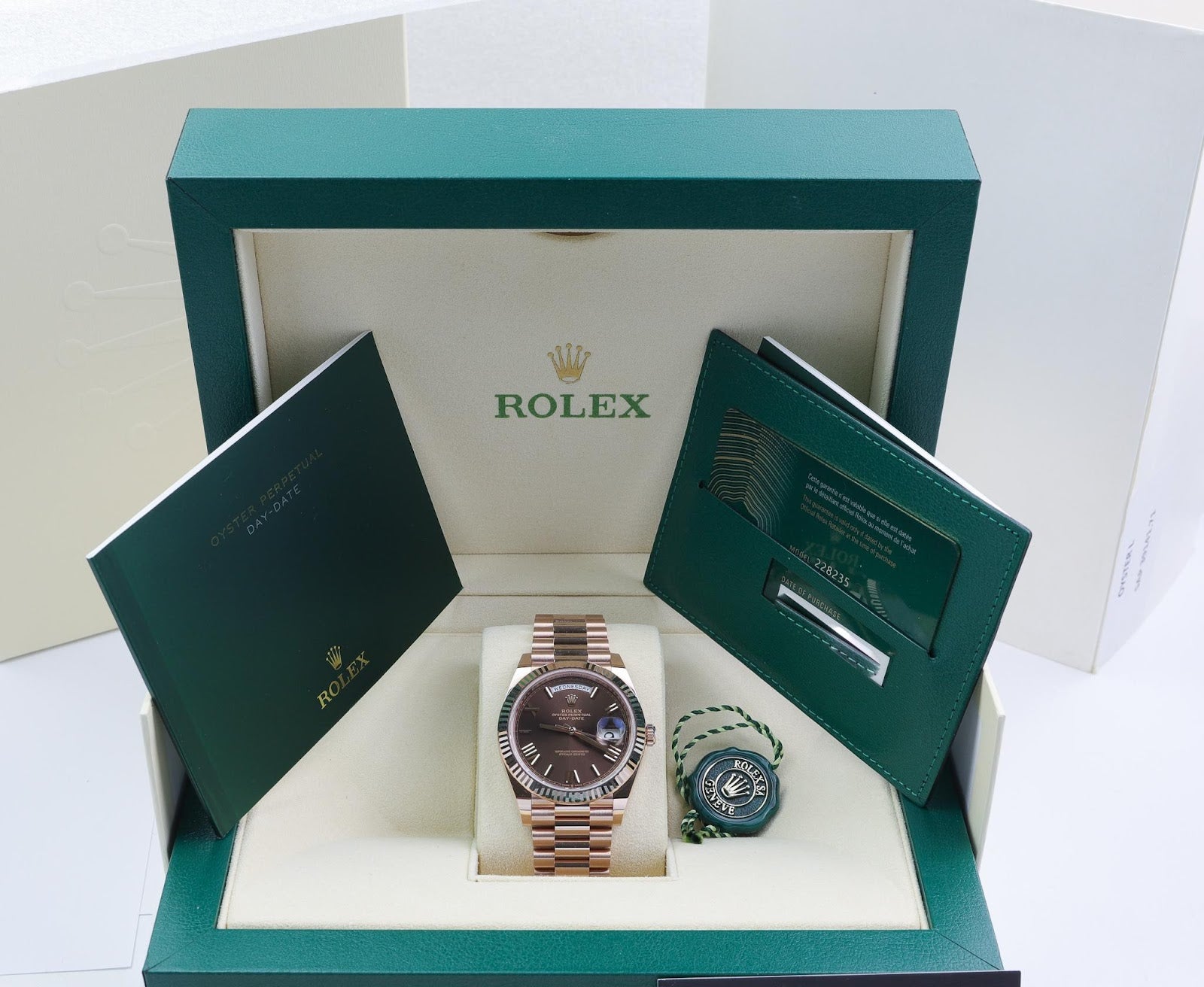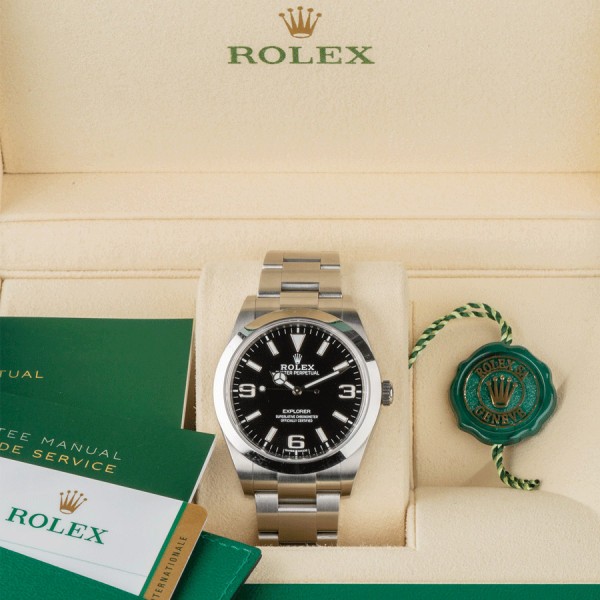Alright, so today I’m gonna walk you through something I messed around with recently – the “rolex pack.” Don’t get too excited, it’s not what you think! It’s more about packaging up some data and logic related to, well, let’s just say time-related stuff, and I jokingly called it that.

It all started when I was wrestling with a project that needed to handle various time zones, daylight saving, and all that jazz. I was finding myself writing the same date and time utility functions over and over again. Super annoying! So, I thought, “screw it, I’m gonna build a reusable pack.”
First thing I did was set up a new project. I chose Python because I’m most comfortable with it for quick prototyping and utility stuff. I created a new directory, initialized a Git repo (always a good idea!), and set up a basic `*` file so I could package it up later.
Next, I started coding. I began with the most common functions I kept rewriting:
- Converting between time zones.
- Checking if a specific date is within a daylight saving period for a given timezone.
- Formatting dates and times according to different standards.
I used the `pytz` library for timezone handling, which, let me tell you, can be a real pain in the butt to configure correctly. Spent a good hour just getting the timezone names right!

After writing the core functions, I wrote tests. This is where I usually slack off, but I forced myself to do it properly this time. I used `pytest` and wrote a bunch of test cases for each function. This saved me a lot of headaches later on when I started integrating it into other projects.
Then, I added some helper classes. I created a `TimeHelper` class that would encapsulate all the functions and make them easier to use. It also allowed me to store some configuration information, like the default timezone, so I didn’t have to keep passing it around everywhere.
Once I had the basic functionality down, I started thinking about performance. Some of these timezone conversions can be pretty slow, especially if you’re doing them in a loop. So, I added some caching to the `TimeHelper` class to store the results of common timezone conversions. This made a big difference in performance, especially when dealing with large datasets.
Finally, I packaged it all up. I updated the `*` file with all the necessary information and ran `python * sdist bdist_wheel`. This created a distributable package that I could install using `pip`. I even uploaded it to a private PyPI server so I could easily share it with my team.
The end result? A nice, reusable “rolex pack” that makes dealing with timezones and dates a whole lot easier. It’s not perfect, but it’s a heck of a lot better than rewriting the same functions over and over again. And hey, at least it’s got a cool name! Now i can just import and use it! Super convenient.

One lesson learned? Always write tests. Seriously, it will save you so much time and frustration in the long run. And also, don’t be afraid to build your own utility libraries. It might seem like extra work at first, but it pays off big time in the long run.

